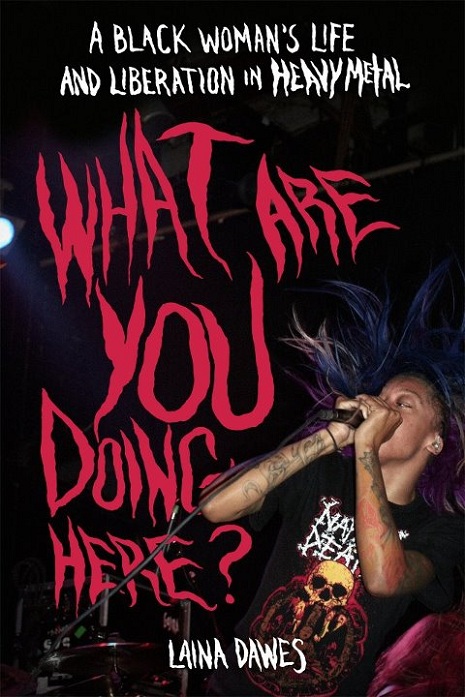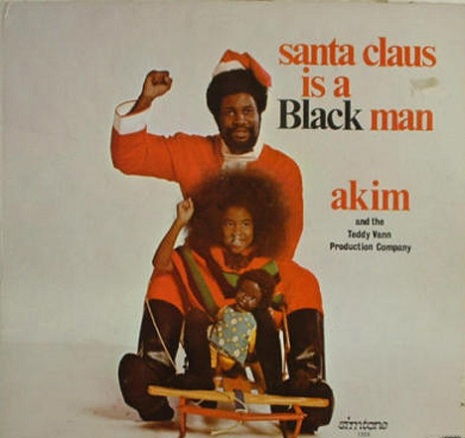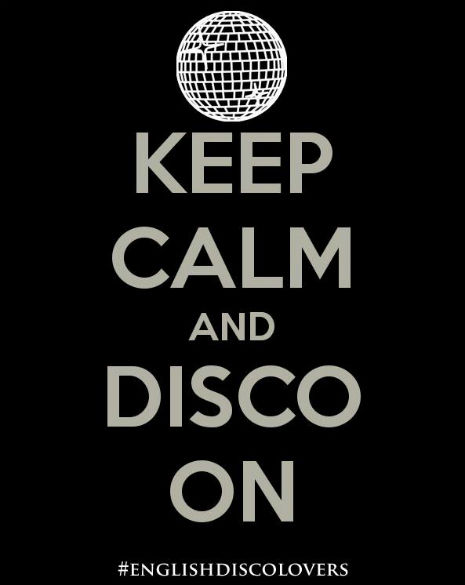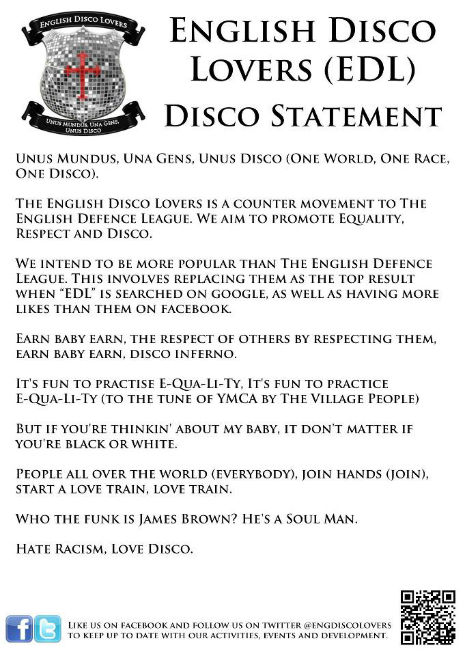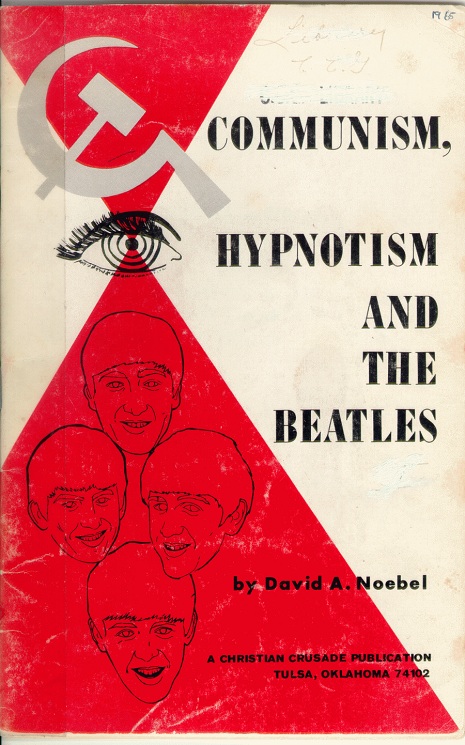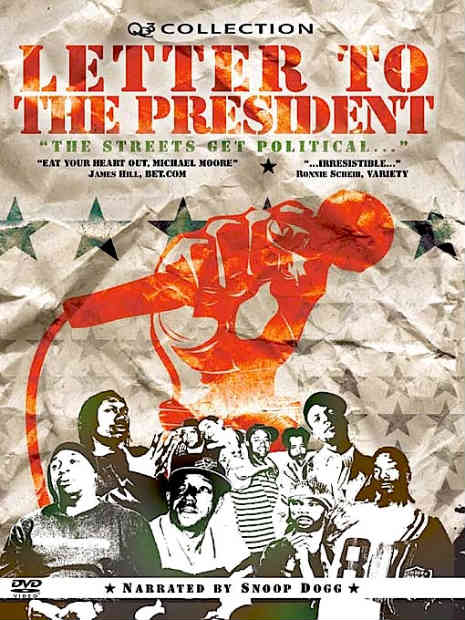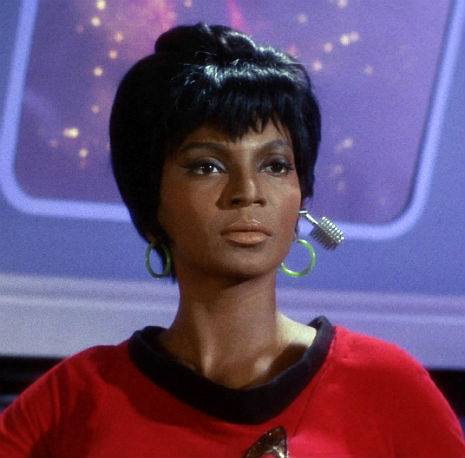
Actress Nichelle Nichols tells the lovely story of how Dr. Martin Luther King Jr. convinced her to remain on Star Trek after she had decided to leave the series for Broadway:
I was going to leave “Star Trek,” and [creator] Gene Roddenberry says, “You can’t do that. Don’t you understand what I’m trying to achieve? Take the weekend and think about it.” He took the resignation and stuck it in his desk drawer….
As fate would have it, I was to be a celebrity guest at, I believe, it was an NAACP fundraiser in Beverly Hills. I had just been taken to the dais, when the organizer came over and said, “Ms. Nichols, there’s someone here who said he is your biggest fan and he really wants to meet you.”
I stand up and turn and I’m looking for a young “Star Trek” fan. Instead, is this face the world knows. I remember thinking, “Whoever that fan is, is going to have to wait because Dr. Martin Luther King, my leader, is walking toward me, with a beautiful smile on his face.” Then this man says “Yes, Ms. Nichols, I am that fan. I am your best fan, your greatest fan, and my family are your greatest fans…. We admire you greatly ….And the manner in which you’ve created this role has dignity….”
I said “Dr. King, thank you so much. I really am going to miss my co-stars.” He said, dead serious, “What are you talking about?” I said, “I’m leaving Star Trek,” He said, “You cannot. You cannot!”
I was taken aback. He said, “Don’t you understand what this man has achieved? For the first time on television we will be seen as we should be seen every day – as intelligent, quality, beautiful people who can sing, dance, but who can also go into space, who can be lawyers, who can be teachers, who can be professors, and yet you don’t see it on television – until now….”
I could say nothing, I just stood there realizing every word that he was saying was the truth. He said, “Gene Roddenberry has opened a door for the world to see us. If you leave, that door can be closed because, you see, your role is not a Black role, and it’s not a female role, he can fill it with anything, including an alien.”
At that moment, the world tilted for me. I knew then that I was something else and that the world was not the same. That’s all I could think of, everything that Dr. King had said: The world sees us for the first time as we should be seen.
Come Monday morning, I went to Gene. He’s sitting behind that same dang desk. I told him what happened, and I said, “If you still want me to stay, I’ll stay. I have to.” He looked at me, and said, “God bless Dr. Martin Luther King, somebody knows where I am coming from.” I said, “That’s what he said.” And my life’s never been the same since, and I’ve never looked back. I never regretted it, because I understood the universe, that universal mind, had somehow put me there, and we have choices. Are we going to walk down this road or the other? It was the right road for me.
TV’s first interracial kiss—between Nichols and William Shatner—also occurred on Star Trek. America celebrates Martin Luther King Day on January 21.
Below, an excerpt from a much longer interview with Nichelle Nichols—who also toured with Duke Ellington as a vocalist—in the archive of The TV Academy Foundation’s Archive of American Television, on YouTube
Via Media Post






